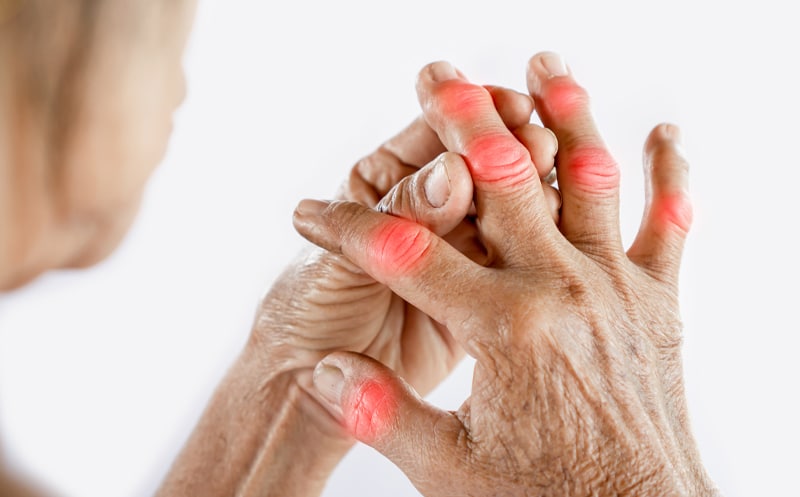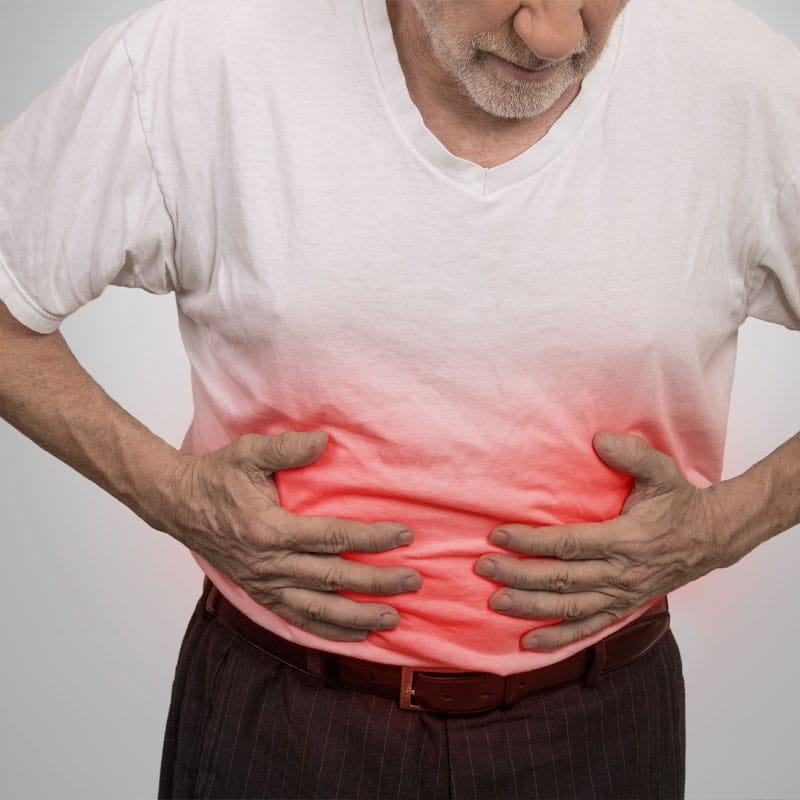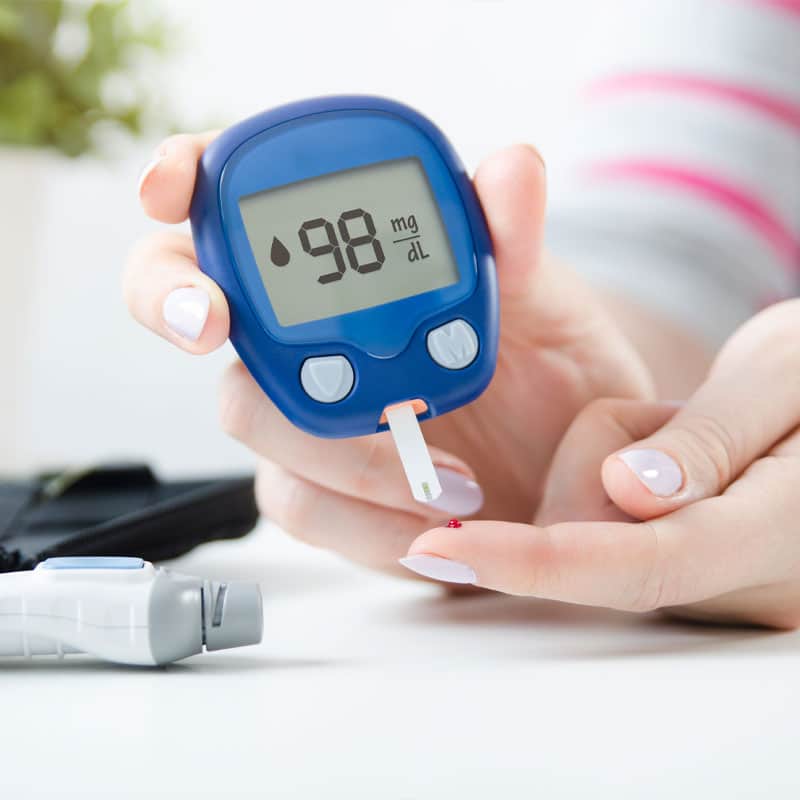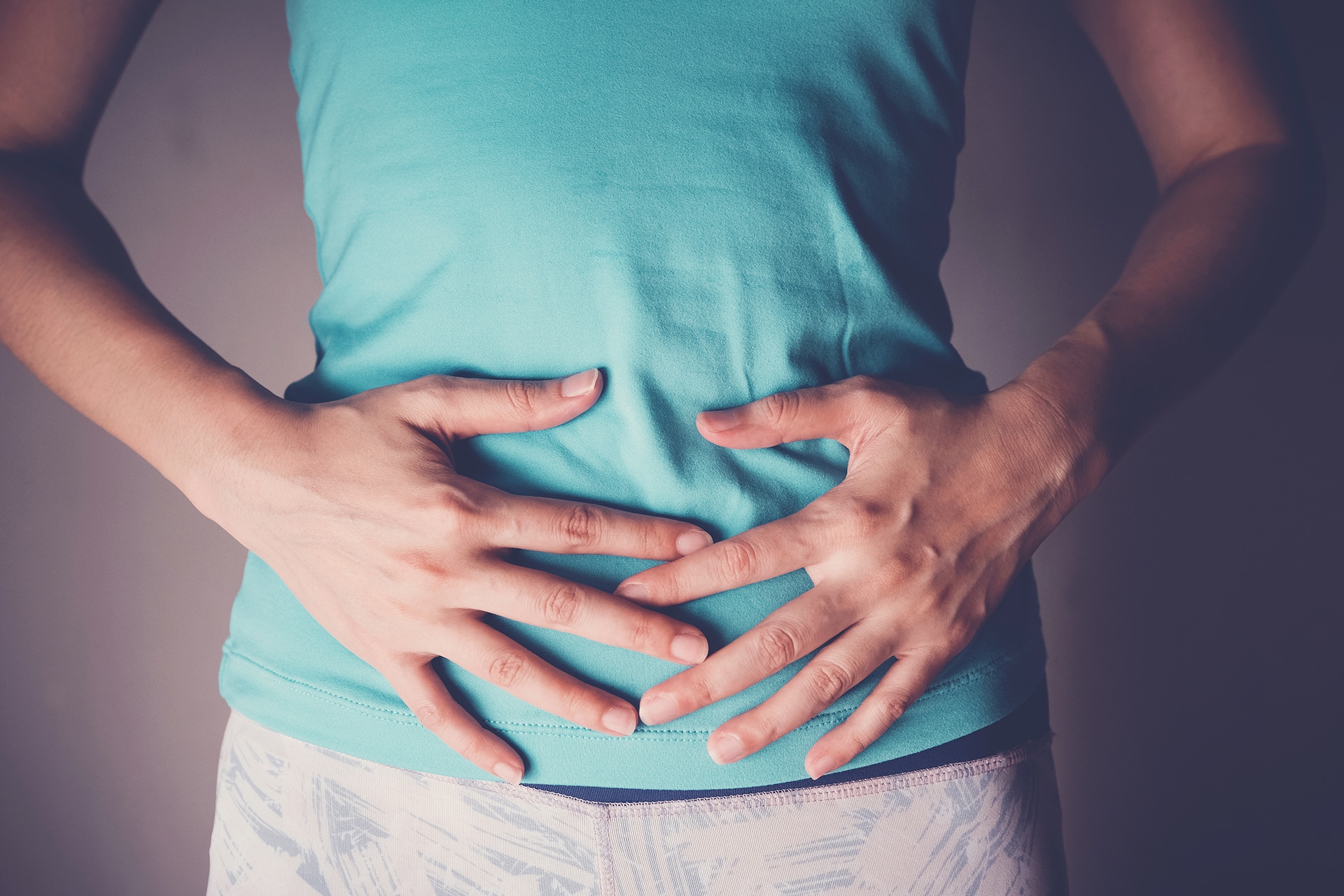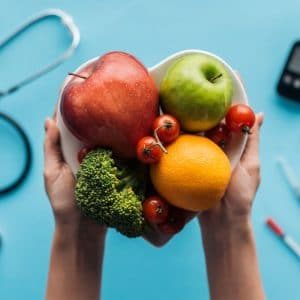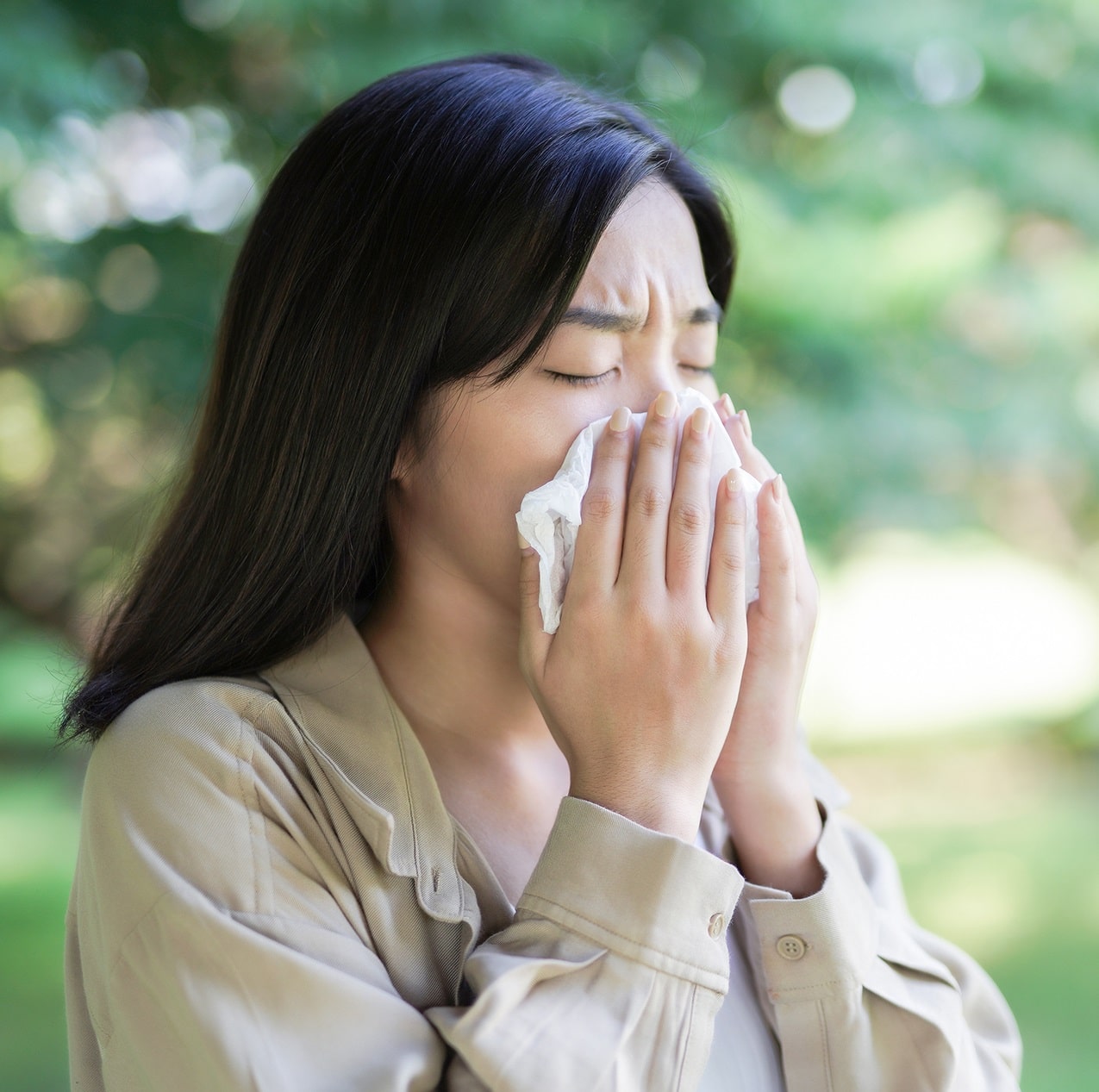Everyone knows how important it is to eat a well-rounded meal. A healthy meal plan can ensure your body gets the nutrients it needs. When the body is adequately nourished, the odds of developing a migraine or other type of headache decrease exponentially. Conversely, certain foods, such as sugary snacks, processed foods, and other unhealthy foods, trigger migraines.
If you suffer from migraines, learning the triggers that can cause your pain is of the utmost importance. It is pretty standard for certain foods to trigger migraines. Here are some tips to help decrease your risk of a migraine, as well as some foods every migraine sufferer should avoid.

Foods That Help With Migraine Headaches
Having a headache hurts. And as unpleasant as this may be, headache pain can often signal that you consume certain foods your body does not like. To prevent or lessen the intensity of your migraines or reduce their frequency, figuring out the proper diet for you is essential. While there is no one-size-fits-all migraine diet, there are certain foods that we know can offer protection from developing a migraine headache. Many people are surprised to learn that certain foods can relieve, prevent, and reduce the effects of migraine headaches.
Eating a healthy diet of fresh fruits, vegetables, lean proteins, and whole grains can help reduce the likelihood of a headache. Let’s examine the foods that can help prevent and relieve migraine headaches.
Cantaloupe
Did you know that cantaloupe can help reduce your risk of headaches? Cantaloupe contains potassium to help counteract the effects of dehydration on the brain. Furthermore, cantaloupe helps stabilize insulin levels in the bloodstream. Low blood sugar can trigger a headache; therefore, providing the body with magnesium will regulate glucose levels and reduce the risk of headaches in the future.
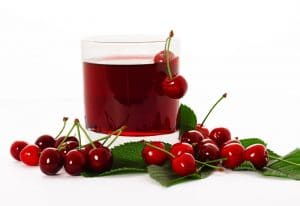
Cherries
Cherries have been used for years to ease arthritis pain. This delicious fruit provides anti-inflammatory properties. Additionally, cherries contain compounds that decrease nitric oxide levels in the blood, which can lower the odds of getting a headache. Enjoy a serving of cherries daily to hydrate the body, reduce nitric oxide levels in the bloodstream, and lower your risk of headache pain.
Fatty Fish
Foods with ample omega-3 fatty acids, folic acid, vitamin B6, and vitamin B12 can help decrease the risk of a headache. Omega-3 fatty acids reduce systemic inflammation, while B vitamins can help reduce the frequency of migraine headaches. To reduce the risk of headaches, consume one to two servings of fatty fish like salmon, herring, tuna, and mackerel each week.
Navy Beans
Navy beans are rich in magnesium, with one cup providing one-quarter of the daily recommended allowance. Magnesium helps smooth muscle contractions and blood vessels, increasing the likelihood of developing a headache. Other foods high in magnesium include apricots, almonds, avocados, bananas, and spinach. Consuming magnesium-rich foods daily will lower your risk of getting headaches.

Potatoes
Potatoes and other starchy vegetables sometimes get a bad rap for their carbohydrate content; however, these foods are chock-full of essential vitamins and minerals. Potatoes contain potassium, vitamin A, vitamin C, and vitamin B6, which help ease headaches by regulating hydration levels. To maximize the effectiveness of potatoes in lowering your risk of developing a headache, eat the entire potato, including the skin.
Water
Among the various benefits of drinking water, did you know dehydration can lead to headaches? Ten percent of individuals surveyed in a study have experienced headaches due to dehydration. You can reduce the chances of a headache by drinking the recommended amount of water daily. Research shows that you need to drink at least six to eight glasses of water each day to help ensure the body is properly hydrated.
Foods to Avoid When Dealing with Migraine Headaches
Chocolate
Chocolate may be the answer to your sugar cravings; however, it can also trigger a migraine headache for specific individuals. A study published in the National Institutes of Health reports that a small portion of migraine sufferers report that chocolate is a trigger. However, researchers are unsure if chocolate triggers a migraine headache or if there is a chocolate craving at the beginning of a headache to protect nerve cells in the head.
Red Wine, Beer, and Other Alcohol
Red wine has sulfites used to help with preservation, which can trigger a migraine. Additionally, alcohol found in wine, beer, and other beverages promotes dehydration, one of the most common causes of a migraine. Drinking beer, red wine, and different types of alcohol doubles the risk of a headache. Alcoholic beverages have been shown to cause cluster headaches as well as migraine headaches.
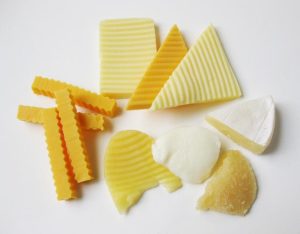
Aged Cheese
Aged cheese contains tyramine, which promotes headache pain. Tyramine forms as cheese ages, and the proteins found in cheese begin to break down. The more cheese ages, the more tyramine develops. To help protect against migraines, avoid consuming cheese high in tyramine, such as Swiss, blue, cheddar, parmesan, and gouda cheese. Following a low-tyramine diet can help decrease the risk of developing a headache or migraine.
Monosodiu
Monosodium Glutamate
Monosodium glutamate, or MSG for short, is an additive in numerous foods, including soy sauce. It has been shown to cause diarrhea, headaches, and abdominal cramps in migraine sufferers. Additionally, soy salt contains high amounts of sodium, which can cause dehydration and, in turn, headaches.
Ice Cream
If you have ever experienced a brain freeze from eating ice cream, you know the pain of consuming cold foods too quickly. Many people are unaware that cold foods like ice cream, popsicles, or milkshakes can trigger migraines. To avoid a headache, take your time when enjoying ice cream and other cold food items.
Processed Meats
Processed meats contain nitrates, which are preservatives. These nitrates dilate blood vessels and increase the risk of developing a headache. Additionally, processed meats contain salt, nitrates, and phosphates that can cause dehydration, which can lead to cluster headaches and migraine headaches. Limit your consumption of processed meats and other foods containing nitrates.
Holistic Diet for Migraine Headaches
Healthy Eating
In addition to eating the foods listed above, you can decrease your risk of a headache by eating small meals throughout the day, which helps maintain proper blood sugar balance. Regular food intake also helps lower the risk of hunger-based headaches and keeps your glucose levels steady, reducing the risk of headaches. You also want to maintain a healthy weight. Studies have shown that being overweight can worsen the severity of a migraine.
Although everyone who suffers from migraines will not necessarily have food intolerances, you can benefit by making healthier food choices. Some good quality brain vitamins may also help.
Food Journal
Keeping a food journal can help you identify potential food triggers. Write down everything you eat and drink every day for a month. Then make a note of any time a headache occurs. You may begin to see a pattern of potential food triggers. Then, remove one food item from your diet for at least two weeks to see if your headaches subside. If your headache subsides, you can try to add the food item back into your diet to ensure that it is not causing your headache. The most common food triggers include artificial sweeteners, processed foods containing MSG, red wine, beer, and chocolate. Let’s look at the top six foods to avoid that cause migraines and headaches.
Millions of Americans experience headaches regularly. Many do not associate their dietary choices with their pain. Identifying your triggers, avoiding these food items, and eating a healthy diet can reduce your risk of headaches.
Diet plays a critical role in the prevention and treatment of headaches. It is important to note that the ideal foods can vary from person to person. For example, some individuals have a food intolerance, which can make a particular food item unacceptable. Certain foods, even the ones listed above, can trigger a headache. Keeping a food journal and notating when you get a headache can help pinpoint potential triggers.
Are you experiencing frequent headaches? Are you ready to say goodbye to this uncomfortable symptom? If so, it is advisable to find an integrative migraine doctor who can help develop a personalized treatment plan, including lifestyle changes and a customized diet plan. This will help prevent and reduce the frequency of headaches.




